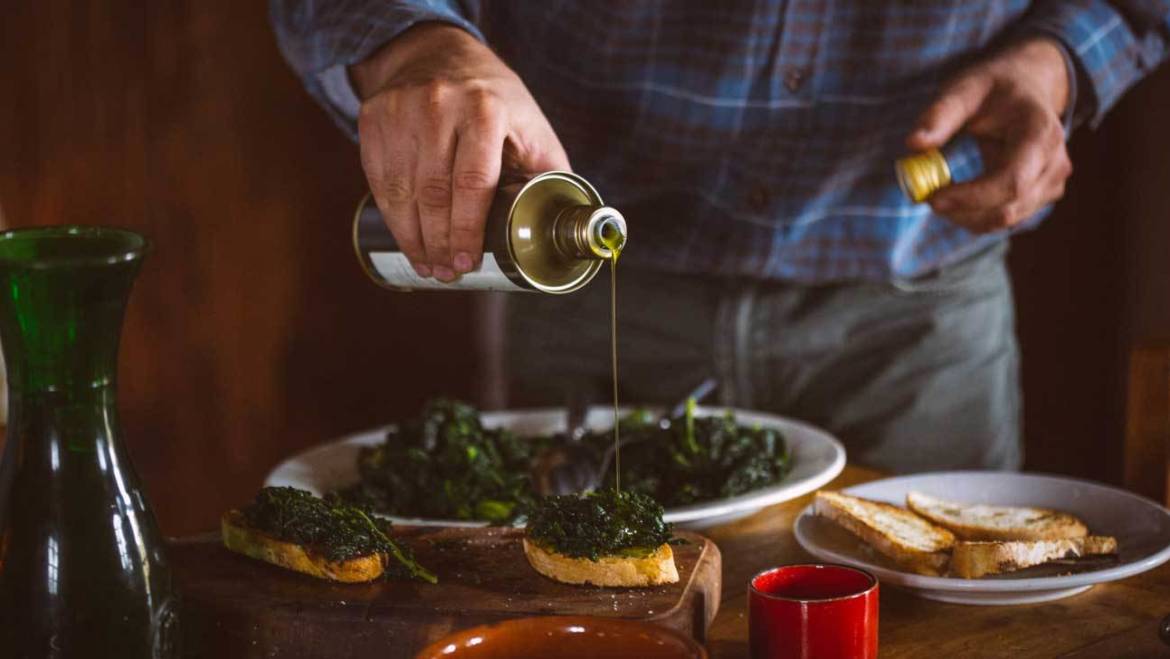Selon des chercheurs espagnols, manger des aliments préparés avec des huiles riches en phénols, substances ayant des effets bénéfiques sur le cœur, pourrait contribuer à la prévention des caillots sanguins nocifs chez les personnes présentant un taux de cholestérol élevé.
Olive oil contains phenols, which have been shown to fight clotting in lab tests, but few studies of their effects have been performed in humans, the researchers note.
To investigate, the researchers had 21 people with high cholesterol eat two different breakfasts. For one week, they consumed either white bread with virgin olive oil containing 400 parts per million phenols, or white bread with olive oil from which much of the phenols had been extracted, leaving it with 80 parts per million. Study participants were then switched to the opposite meal.
Two hours after the high-phenol meal, study participants’ concentrations of factor VII antigen, which promotes blood clotting, were lower compared with the low-phenol group. The high-phenol group also experienced a greater drop in the activity of another clot promoter, plasminogen activator inhibitor-1.
The researchers suggest that previous studies that have yielded inconsistent results regarding olive oil’s effect on the blood may have been due to variations in phenol content.
“Although this study deals with the microcomponents of virgin olive oil, we should still think in terms of evaluating the biological properties of complete foods,” the researches add.
With this in mind, they conclude that the current study supports the heart health benefits of virgin olive oil.
SOURCE: American Journal of Clinical Nutrition, August 2007.

